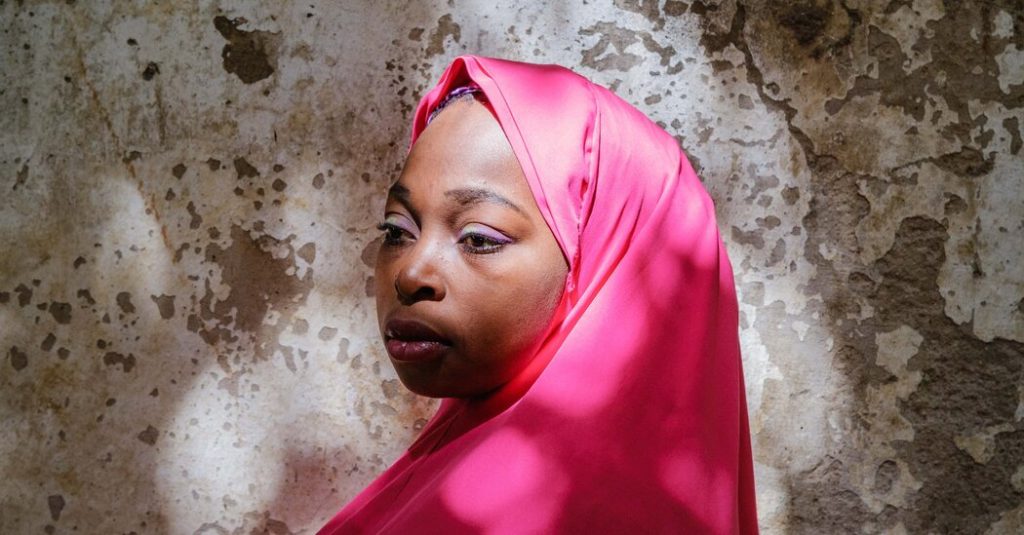Saratu Dauda, also known as Aisha, was one of the 276 schoolgirls abducted by Boko Haram from their dormitory in Chibok, Nigeria, in 2014. She spent nine years in captivity, initially living in the Sambisa forest, where she was given a choice to marry one of the Boko Haram fighters or become a slave. She chose marriage and eventually had three children with her husband, Mohamed Musa, also a member of the group. Despite the circumstances, she felt cared for by her captors and considered them a family.
Life became increasingly difficult for Saratu and Mohamed as Boko Haram’s tactics changed. They feared being made slaves by the group’s new leadership, the Islamic State West Africa Province. After years of contemplating escape, Saratu decided to make a break for it one night, leaving her children behind with the plan for her husband to follow later. She traveled through the bush, relying on her faith and determination to guide her to freedom.
Eventually, Saratu managed to reach the village where she surrendered to the military along with other fleeing women. As news of her escape spread, she was identified as one of the Chibok Girls, a symbol of hope for many families who had lost loved ones in the years since the abduction. She reunited with her husband and children through the government’s rehabilitation program, where she underwent counseling and deradicalization to help her reintegrate into society.
Despite being offered shelter with her parents on the condition of converting back to Christianity, Saratu chose to remain a Muslim, a decision she made freely during her captivity. She emphasized that she was not brainwashed by Boko Haram but had been convinced by their teachings. Her daughters, named after her friends from captivity, now have a chance at a better life, thanks to their mother’s courage and determination to escape.
The Chibok Girls’ story is just one example of the ongoing conflict in northeastern Nigeria, where kidnapping has become a lucrative business, with ransom payments driving the cycle of violence and terror. The plight of the Chibok Girls has drawn international attention to the situation in Nigeria, but many other victims remain missing or have faced similar fates at the hands of various armed groups in the region.
Saratu’s journey from abduction to freedom is a testament to the resilience of the human spirit and the power of hope. Despite the years of hardship and uncertainty, she never gave up on the possibility of reuniting with her family and reclaiming her life. Her story highlights the ongoing challenges faced by those affected by conflict in Nigeria and the urgent need for lasting solutions to ensure the safety and well-being of all its citizens, especially the most vulnerable, such as children and women.


